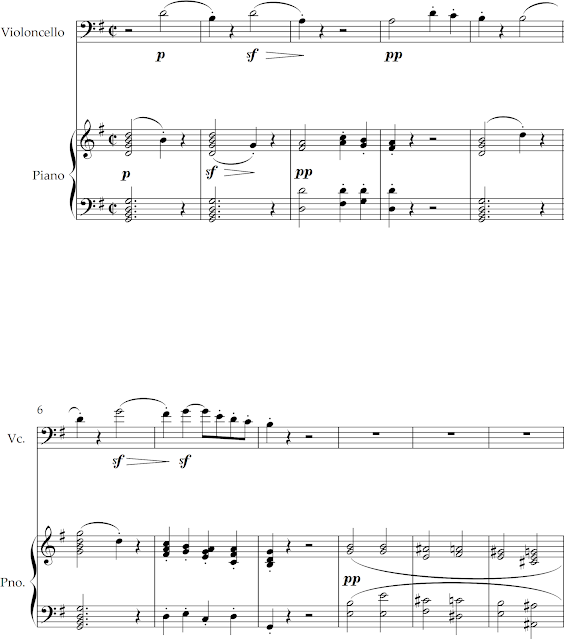CLXVIII. BEETHOVEN, Ludwig van (1770-1827)
Beethoven adored Handel. He is in Berlin in 1796 (aged 25):
"The King of Prussia, Friedrich Wilhelm II, was a great lover of music in general and especially the cello, an instrument he played well ... the choice of a theme by Handel is significant. Beethoven was reportedly first introduced to Handel's music, shortly after moving to Vienna, by Haydn, who had been extremely impressed by it during his first visit to England. Beethoven rapidly became a great devotee, soon holding Handel in higher esteem than any other composer. What he particularly admired in Handel was his ability to create wonderful effects out of very simple material -- a skill which Beethoven himself was to excel ... Friedrich Wilhelm was responsible for introducing Handel oratorios to Berlin. In 1795-96, the main work performed by the Berlin Singakademie was Judas Maccabaeus, and Beethoven actually attended two meetings of this body, performing extemporizations for them. Thus there was every reason why he should select, during his stay in Berlin, the most popular movement from this oratorio as the basis for a set of variations." [Beethoven, by Barry Cooper]
A few years before his death, the London harp-maker, Johann Stumpff visited an ailing Beethoven and had several converations about other composers.
Although he expressed admiration for Mozart and Bach, Beethoven declared that he regarded Handel as the greatest. Stumpff asked him if he owned Handel's scores, but Beethoven said he only owned Messiah and Alexander's Feast. Stumpff secretly resolved to supply Beethoven with a full set if such could be found.
On December 14, 1826, the forty-volume collection of Handel's work arrived and Beethoven was overjoyed. He had only 100 days left in his life.
**
Handel's theme, from Act III:
Beethoven's Theme:
Variation I
piano alone:
Variation II
Beethoven introduces a triplet rhythm in the piano against the legato cello line:
Variation III
And now fast-moving 16ths against a staccato cello line ...
Variation IV
Beethoven moves to the parallel minor (G), with a simple Alberti bass accompaniment:
Variation V
Back to G Major; trading twos!
Variation VI
Again the Alberti bass, but notice how Beethoven is weaving the textures between the two instruments here:
Variation VII
Skipping triplets:
Variation VIII
Back to G Minor; running scales:
Variation X
Arpeggiated 16ths in the piano against the simple cello part:
Variation XI
Very florid, operatic:
Variation XII
The ending:

























No comments:
Post a Comment